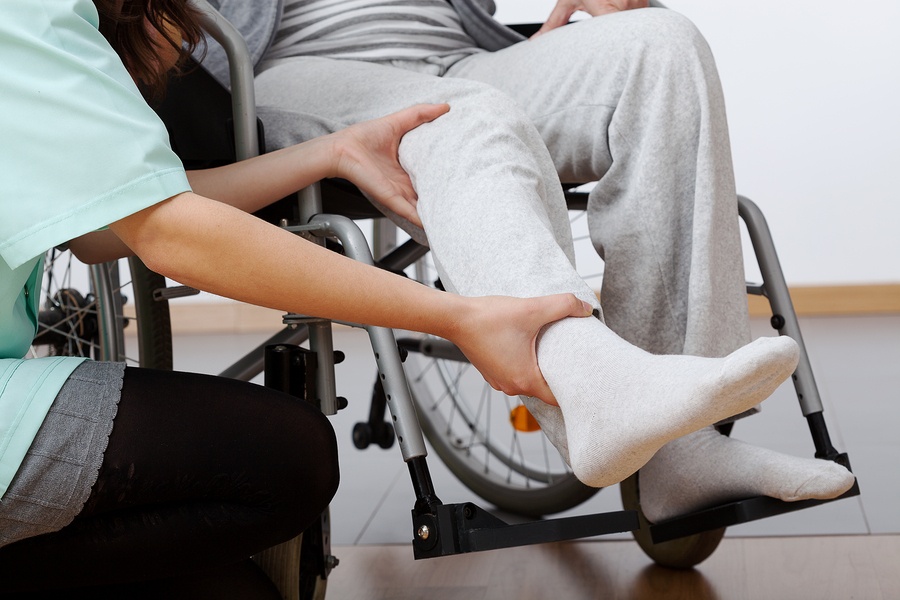Emergency motions
Florida court allows the trial court to enter temporary emergency modifications to post dissolution time sharing orders. In any chapter 61 action involving children, the court is authorized to enter an emergency temporary order on its own motion if the court deems the order necessary to protect the child. For example, if the court, in a proceeding, initiated to enforce time sharing perceives that the movements, conduct while spending time with the party’s child may be harmful to the child, the court may modify the final judgment and restrict time sharing on its own motion. However, the modification may only be temporary, pending a full evidentiary hearing. Longo versus Longo.






